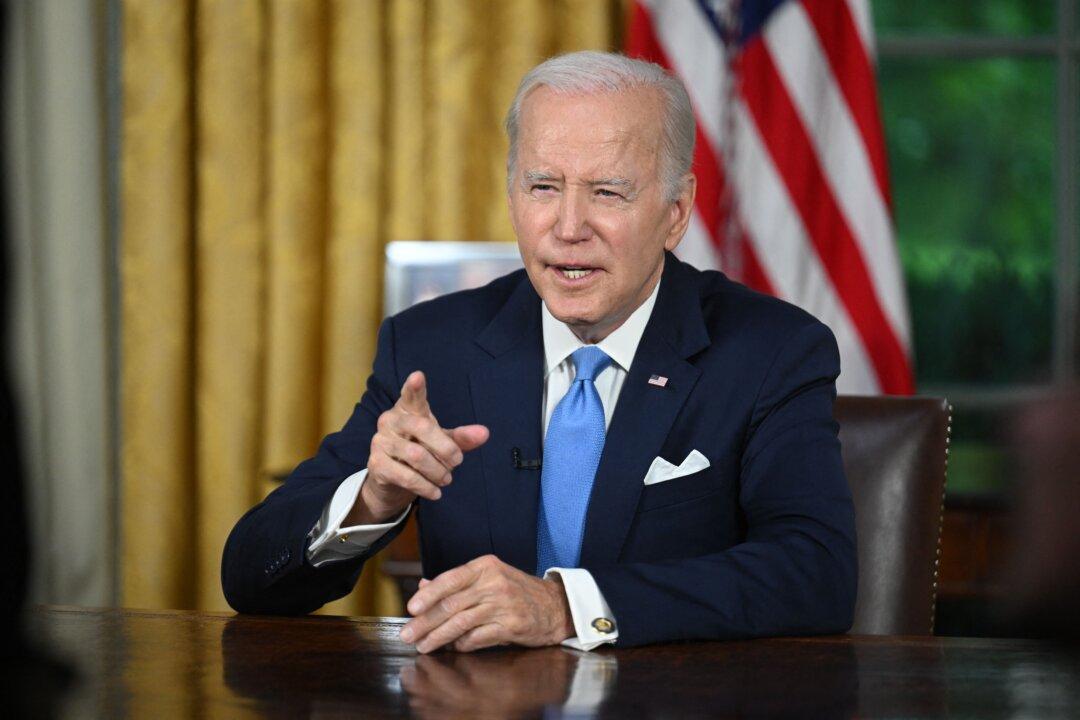The Biden administration may soon finalize regulations on gas-powered home furnaces, restricting the ability of consumers to purchase units found to be outside of the administration’s greenhouse gas emissions goals within the next few months.
The regulations proposed by the Department of Energy (DOE) in June 2022 would likely limit consumer choice, boost prices, and have a minimal effect on greenhouse gas emissions.





